Community is Our Superpower: Reflecting on World Refugee Week with Caring and Sharing Rochdale
Celebrating the Refugee Week at our Hub
Celebrating the Refugee Week at our Hub
In a world full of complicated problems, it’s easy to forget the simplest truths.
At Caring and Sharing Rochdale, we haven’t just read about injustice. We live in it. We walk beside it. We sit across from it, hold its hand, and try, day in and day out, to remind people that they still matter, even when the system tells them otherwise.
And through it all, one thing keeps showing up, louder and clearer every day: Community might not just be part of the answer. It might be the answer itself.
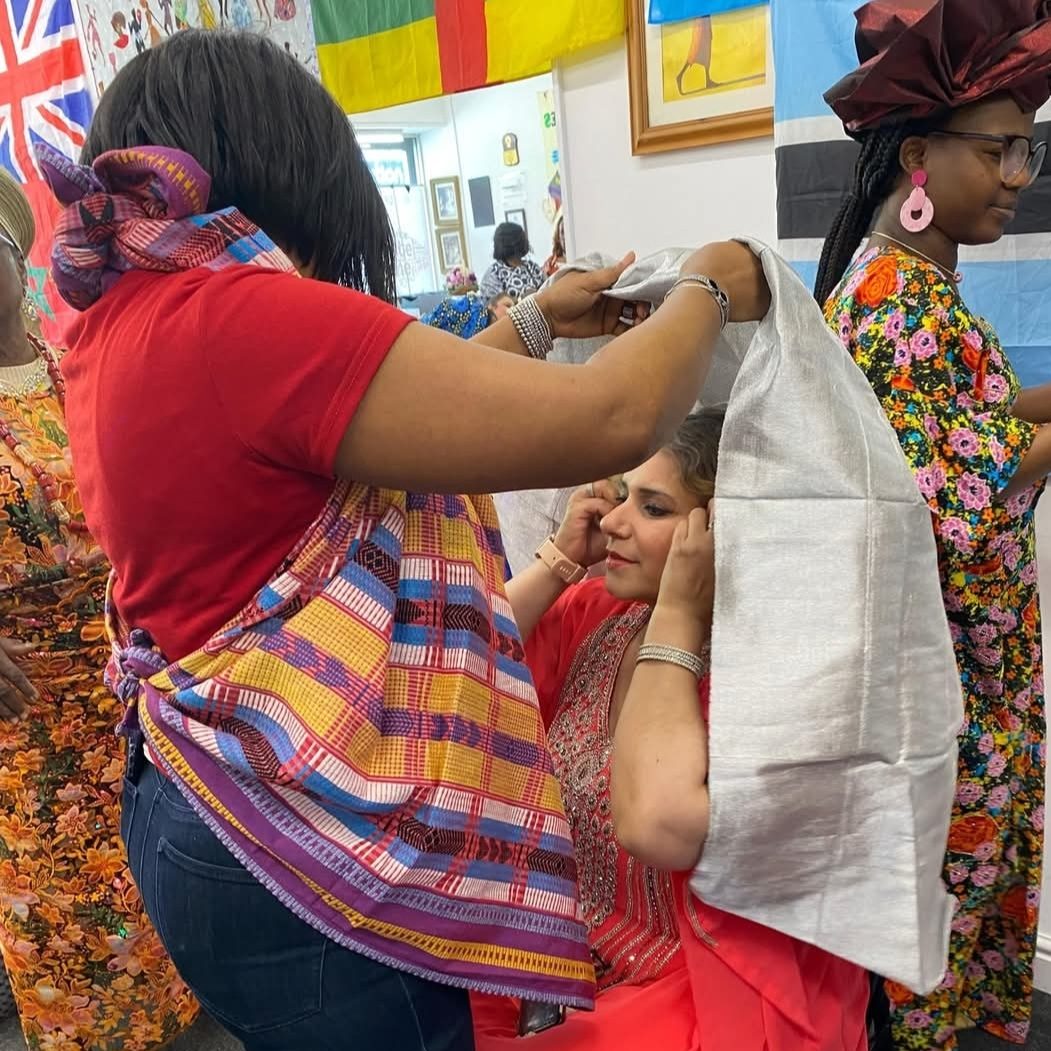
It is Happening Here in Rochdale
Rochdale has always been a place of welcome. A place of grit, resilience, and spirit.
We’ve seen this town hold space for people who’ve lost everything. We’ve seen Rochdale aunties offer up hot meals to women fleeing violence.
We’ve seen grandads, former engineers, teaching newly arrived refugees how to fix bikes or use a computer.
We’ve seen real love, the quiet kind–not loud on social media but deep in action.
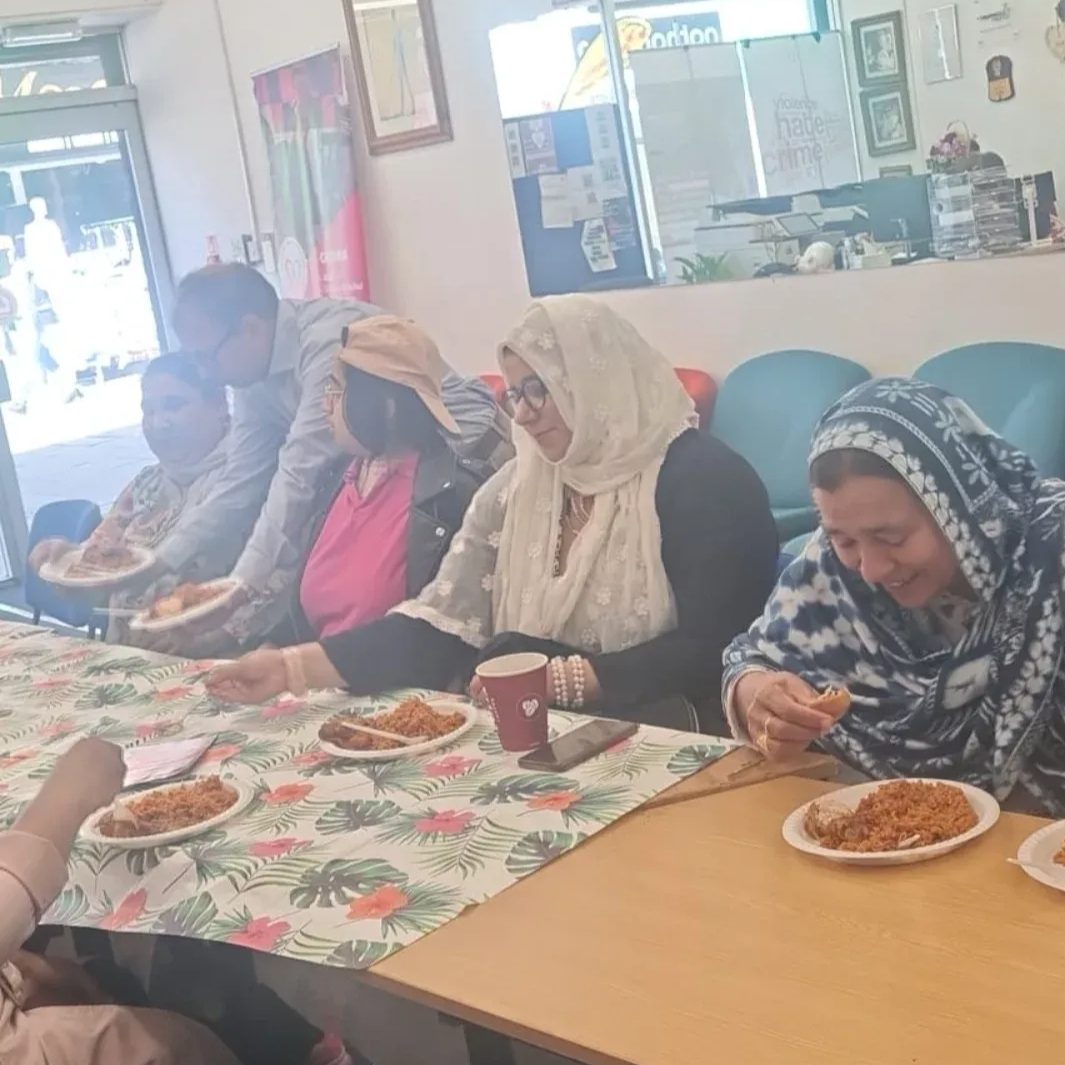
This is what a community looks like. And it’s not charity. It’s solidarity.
The Work Doesn’t Belong to “Us”—It Belongs to All of Us
Here’s the thing: the work we do at Caring and Sharing isn’t for a niche few. It’s not “those people” over there. This is about us–every single one of us. Whether you’re a local business owner, a parent, a student, or a neighbour who just cares.
The world tells us to look away.
We’re saying: lean in. Because if a community is going to heal anyone, it has to be built by everyone.
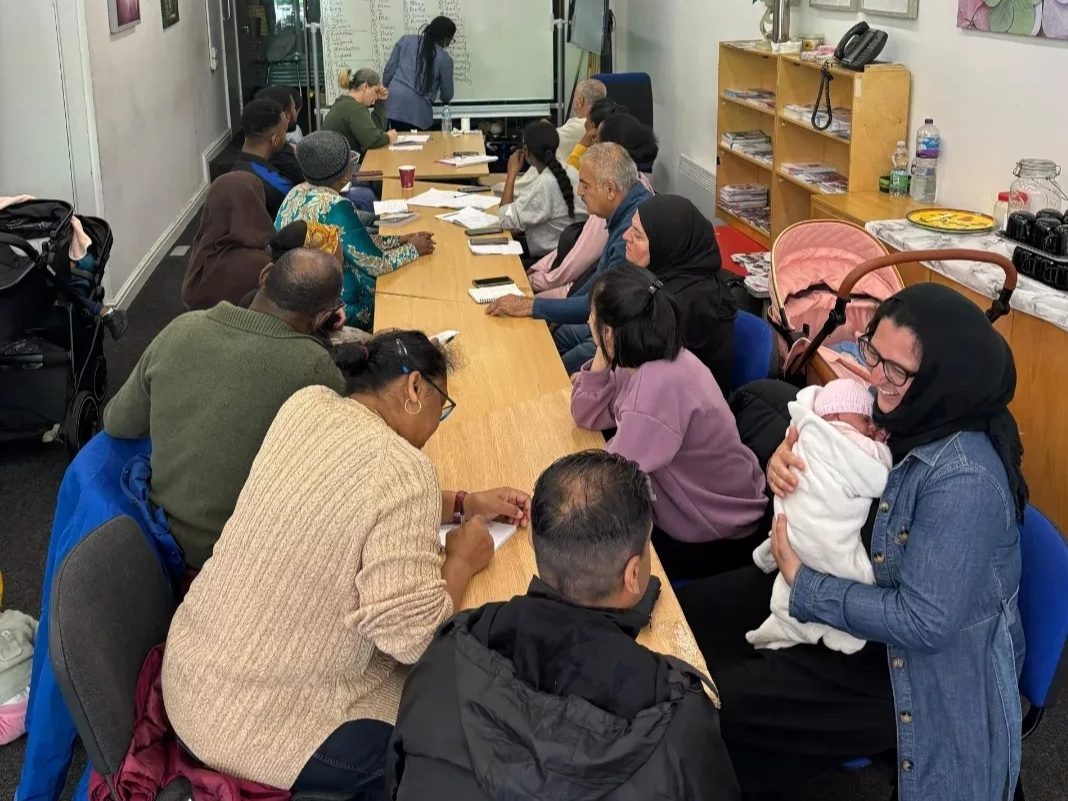
Don’t Just Clap for the Work, Join It
We don’t need more applause. We need more action.
Volunteer. Give your time, not just your opinion.
Speak up when systems fail our neighbours.
Share your skills, your networks, your table.
Create safe spaces—not just in buildings, but in how you treat people.
Let the way you live reflect the world you claim to want.
Rochdale can’t do it alone. And we shouldn’t have to.
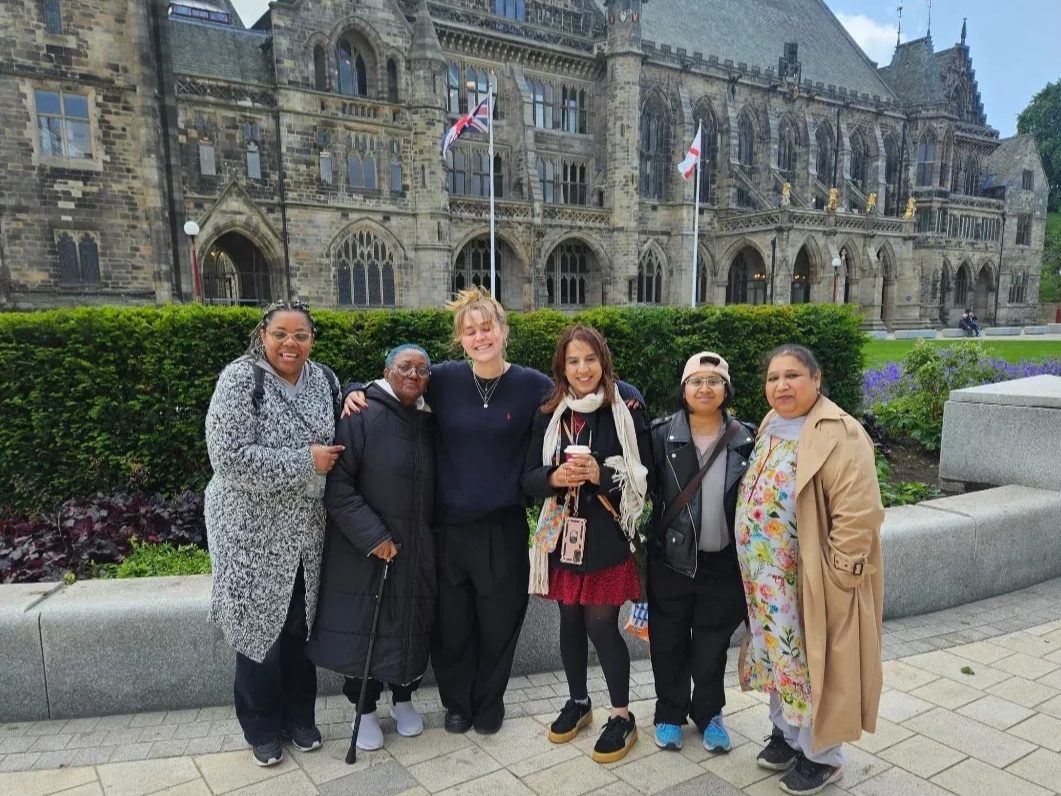
What If Rochdale Is Just the Beginning?
What if the model we’re building here, community by community, block by block, isn’t just local hope, but global proof?
What if every town had Caring and Sharing?
What if governments, schools, and corporations followed the lead of grassroots love and leadership?
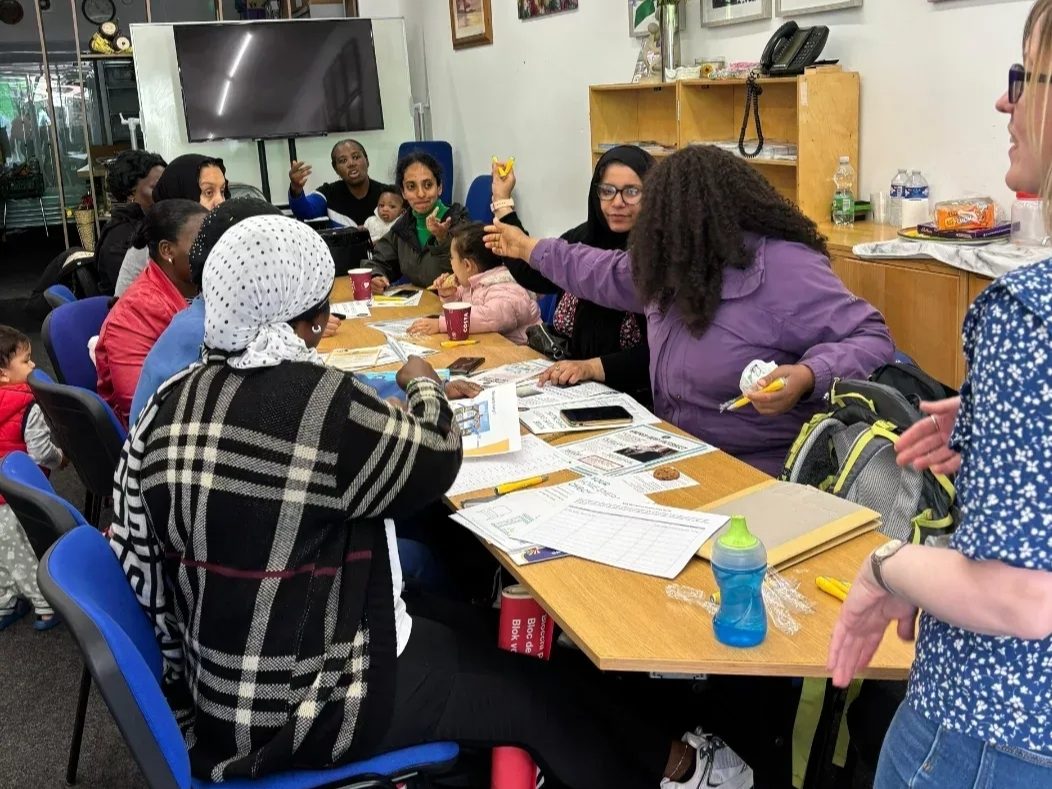
Because if it can work in Rochdale, with all its challenges, all its beauty, all its stubborn, scrappy heart, it can work anywhere. And maybe, just maybe, this is the movement the world has been waiting for.
So Here’s the Real Question:
What role will you play in building the world we keep saying we want?
Because community?
It doesn’t build itself.
We do.
When people talk about “starting over”, it often sounds inspiring, like a clean slate, a fresh chapter, a moment of empowerment. But for many survivors of domestic abuse and exploitation, especially those with uncertain immigration status, starting over isn’t just difficult, it’s dangerous, confusing, and deeply isolating.
At Caring and Sharing, we see this reality every week in our Immigration Drop-In Support Sessions. Women (and men too) show up carrying invisible scars. Some have fled violent partners. Others have escaped forced labour or trafficking rings. And nearly all of them are navigating a system that, frankly, doesn’t always know how to care for them properly.
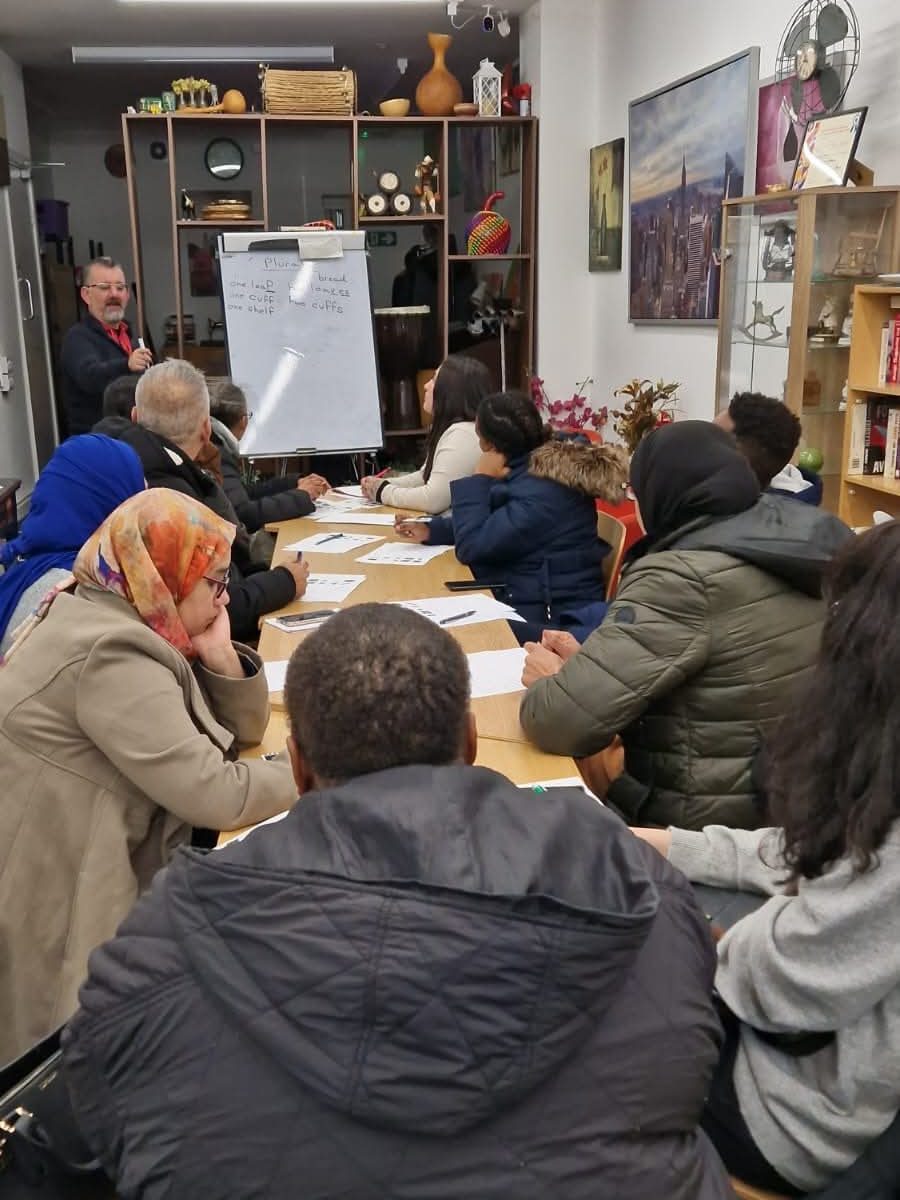
When Safety Comes at a Cost
One of the cruelest ironies for survivors with insecure immigration status is that seeking safety can actually put them at further risk. Imagine finally finding the strength to leave a harmful situation, only to realise that:
That’s not freedom. That’s fear in a new form.
And let’s not forget language barriers, cultural stigma, and the very real threat of retribution from traffickers or abusive partners. Survivors often live in silence because speaking up feels like stepping into even more uncertainty.
“But why didn’t they leave sooner?”
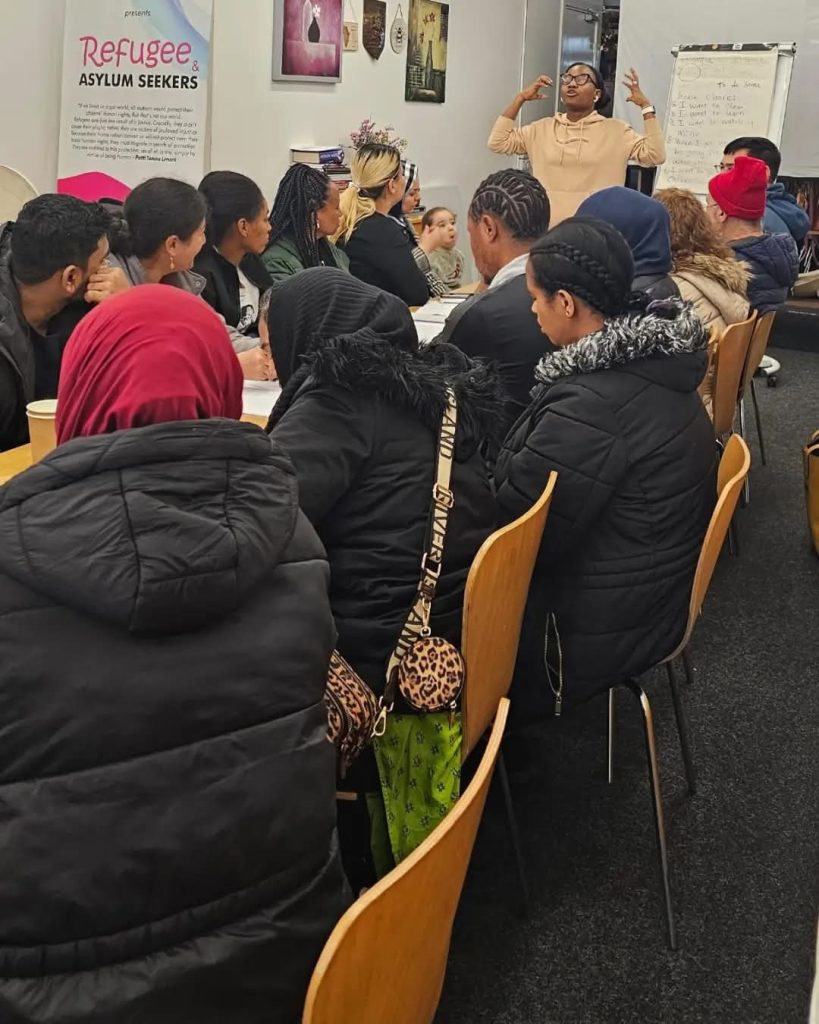
We hear this question far too often. The truth? It’s not that simple. Many survivors we support have been strategically isolated — cut off from friends, family, finances, or even their passports. They’ve been told lies about what will happen if they reach out for help: “They’ll arrest you”, “They’ll take your children”, “You’ll be deported”.
So when someone finally does walk through our doors, we don’t take that lightly. It takes unimaginable bravery to speak up, especially when you’ve been made to believe your voice doesn’t matter.
The Rochdale Reality
In Rochdale, the challenges faced by survivors are compounded by systemic barriers. The Rochdale Borough Domestic Abuse Needs Assessment highlights that domestic abuse is a gender-biased crime, with 91% of high-risk cases referred to the Independent Domestic Violence Advisor (IDVA) service being female. Additionally, 59% of these cases involved individuals under the age of 35 .
Furthermore, the Rochdale Borough Council’s Domestic Abuse Strategy acknowledges the disproportionate impact of domestic abuse on women from ethnic minority backgrounds, particularly those with insecure immigration status. These individuals often face additional hurdles in accessing support services due to language barriers, cultural stigmas, and fear of deportation .
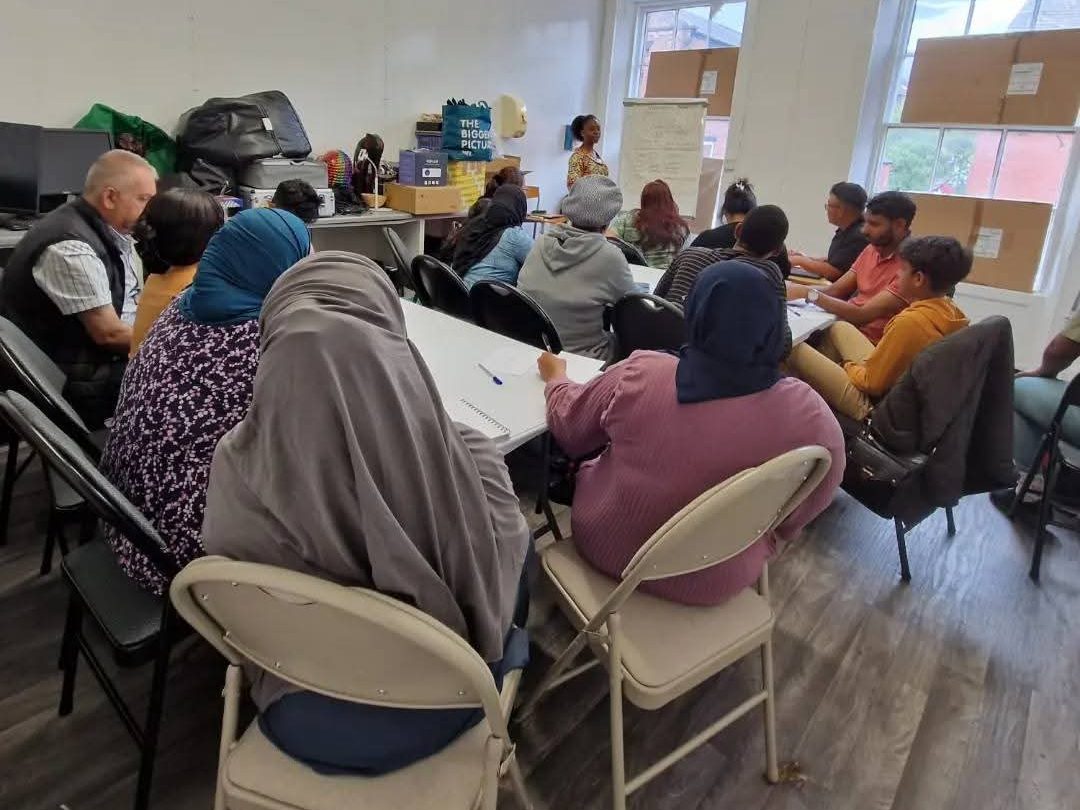
What Freedom Actually Looks Like
Freedom, in our world, starts small.
It looks like a confidential conversation with one of our trusted partners from Greater Manchester Immigration Aid Unit (GMIAU), where someone learns, often for the first time, that they have rights, not just needs.
It looks like connecting a survivor to emergency housing that doesn’t ask invasive questions or make them feel “less than” for needing help.
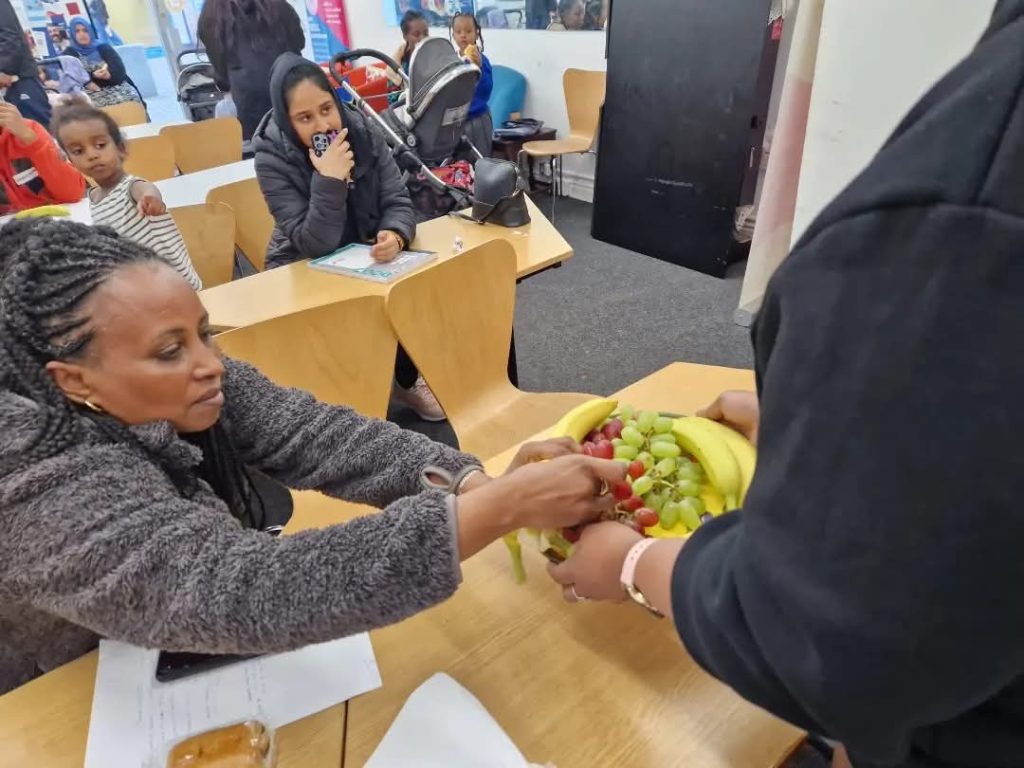
It looks like walking someone through the Domestic Violence Rule or the National Referral Mechanism, explaining in plain language how to get the protection they deserve.
And it looks like sitting side-by-side with someone, not across a desk, while they reclaim their power, their story, and their future.
No One Should Have to Choose Between Safety and Status
Let’s be clear: surviving abuse or exploitation should not disqualify anyone from safety, dignity, or justice. But the system doesn’t always get that. That’s why community organisations like ours are essential. We show up in the gaps. We help people feel seen. And we work with partners who understand that legal advice is only one part of the healing process.
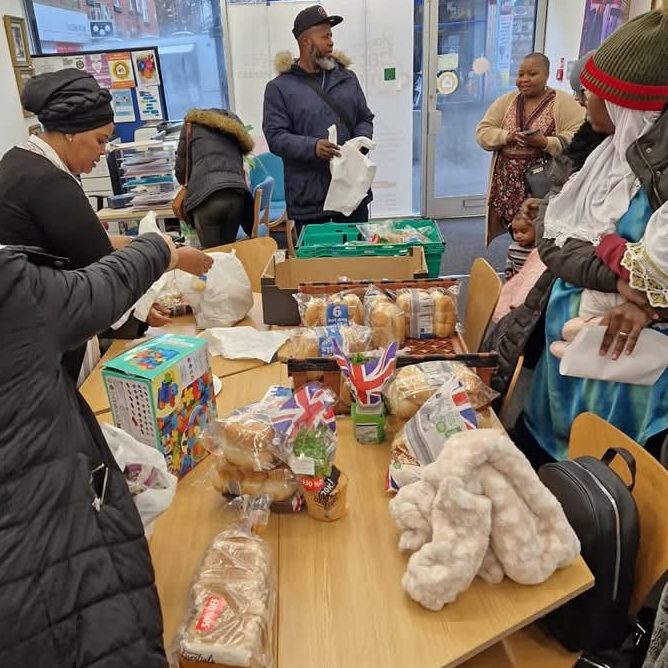
We Believe You. We’re With You.
If you’re someone reading this who is feeling trapped or unsure, please know this: you are not alone. There are people who will believe you. Who will advocate for you. Who will sit with you in the hard moments and walk with you toward something better.
And if you’re someone with the power to help; as a volunteer, a donor, a professional, or just a compassionate neighbour, your role matters too. Because every voice raised in support of survivors chips away at a system that has too often failed them.
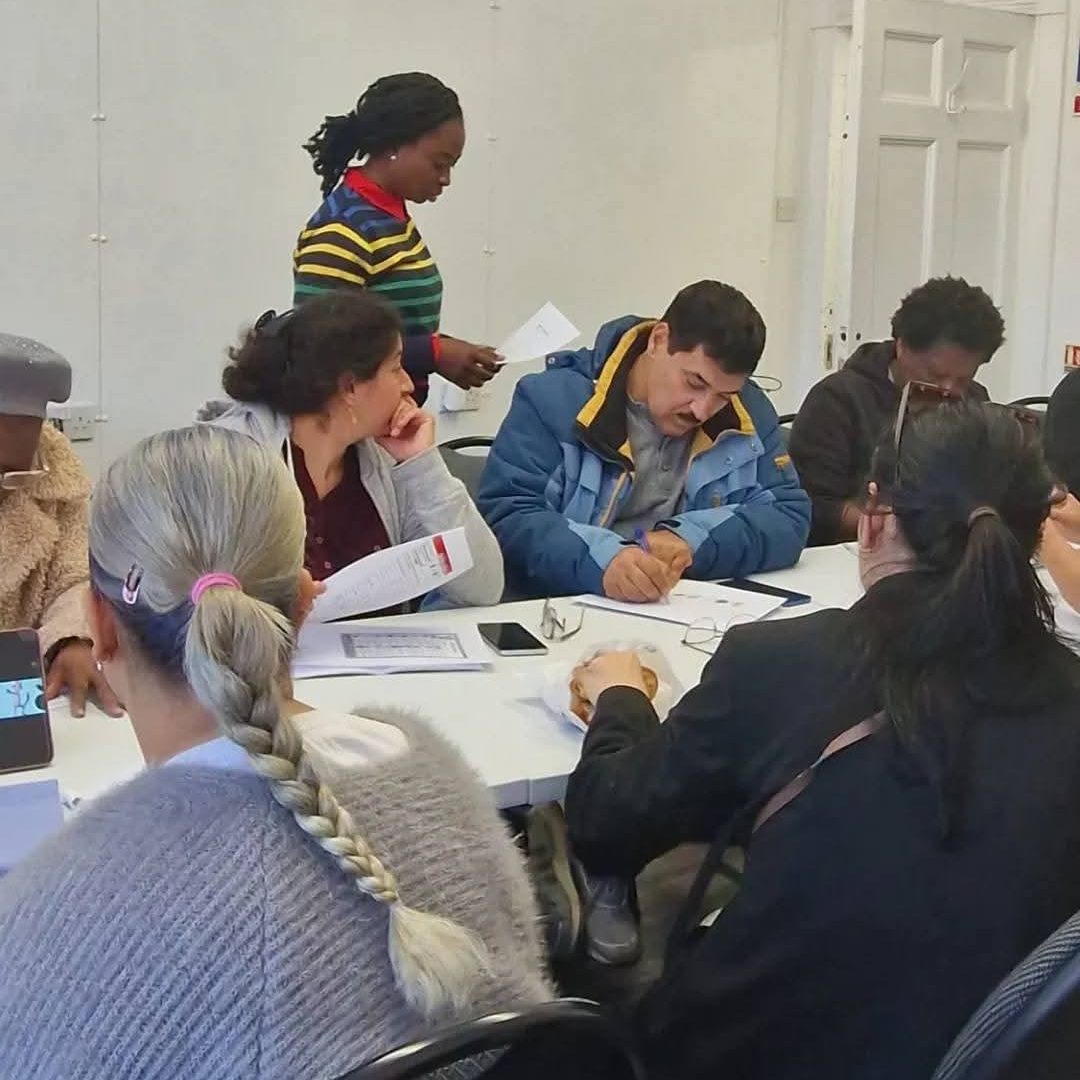
This work isn’t easy. But it’s necessary. And every time someone walks from fear into freedom, even just a few steps forward, we’re reminded why we do it.
Let’s keep making space for freedom to be more than just a dream. Let’s make it real.